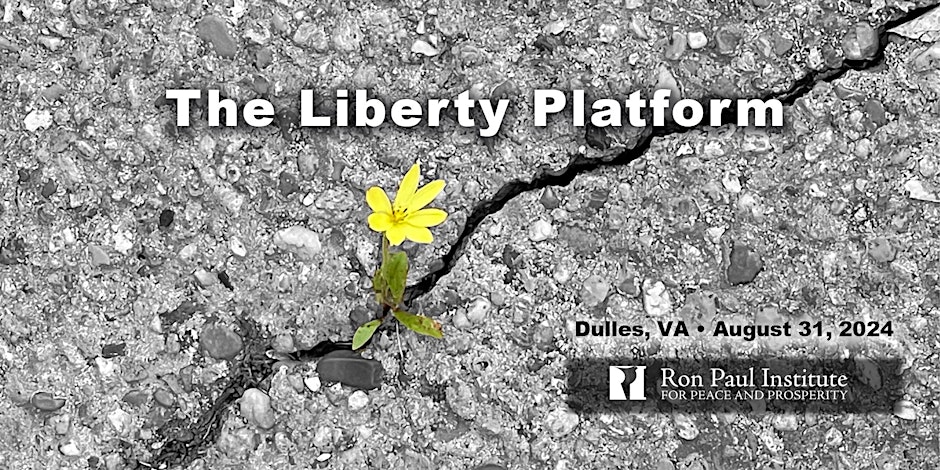There is an old saying that children should be seen and not heard. There is some truth to that saying in many situations. Especially at political protests, parents should consider heeding the message and even consider if the circumstances warrant their children being somewhere else — neither heard nor seen.
Consider the fellow, seeming well short of the teenage years, walking in a protest shouting out the slogan “We are all Palestinians” and answering the call of “free” with the response “Palestine.” A video clip of his protest participation is making the rounds at Twitter with people alternately praising and condemning the boy. It is a sad situation.
Say parents bring their children to a protest, what should the children do? Being seen and not heard seems generally the best course. This means no chanting and no communicating of political messages on their clothing or via sign holding. All the children show is that the adult or adults they came with have children. At some point, maybe at an age as young as 13, some children have developed enough depth in understanding concerning at least some political topics that their communication is really their own and releasing them from a demand of silence may make sense. Still, it should be considered if they have considered adequately the consequences of protesting in addition to the cause at hand. With younger children and others who have not reached such development in political understanding, though, parents letting their children spout political ideas at protest events seems ill-advised.
Political protests can also be dangerous, with potential confrontation with other protesters or police among the concerns. Weather, noise, bustle, and extreme negativity can be concerning as well. Parents are smart to consider the circumstances that may be encountered at a protest in deciding whether to take children or not. And, if they bring along children, it is smart to try to keep aware of changing situations and potential means to terminate participation. Exit, though, can be quickly eliminated, including by cops imposing new barriers.


